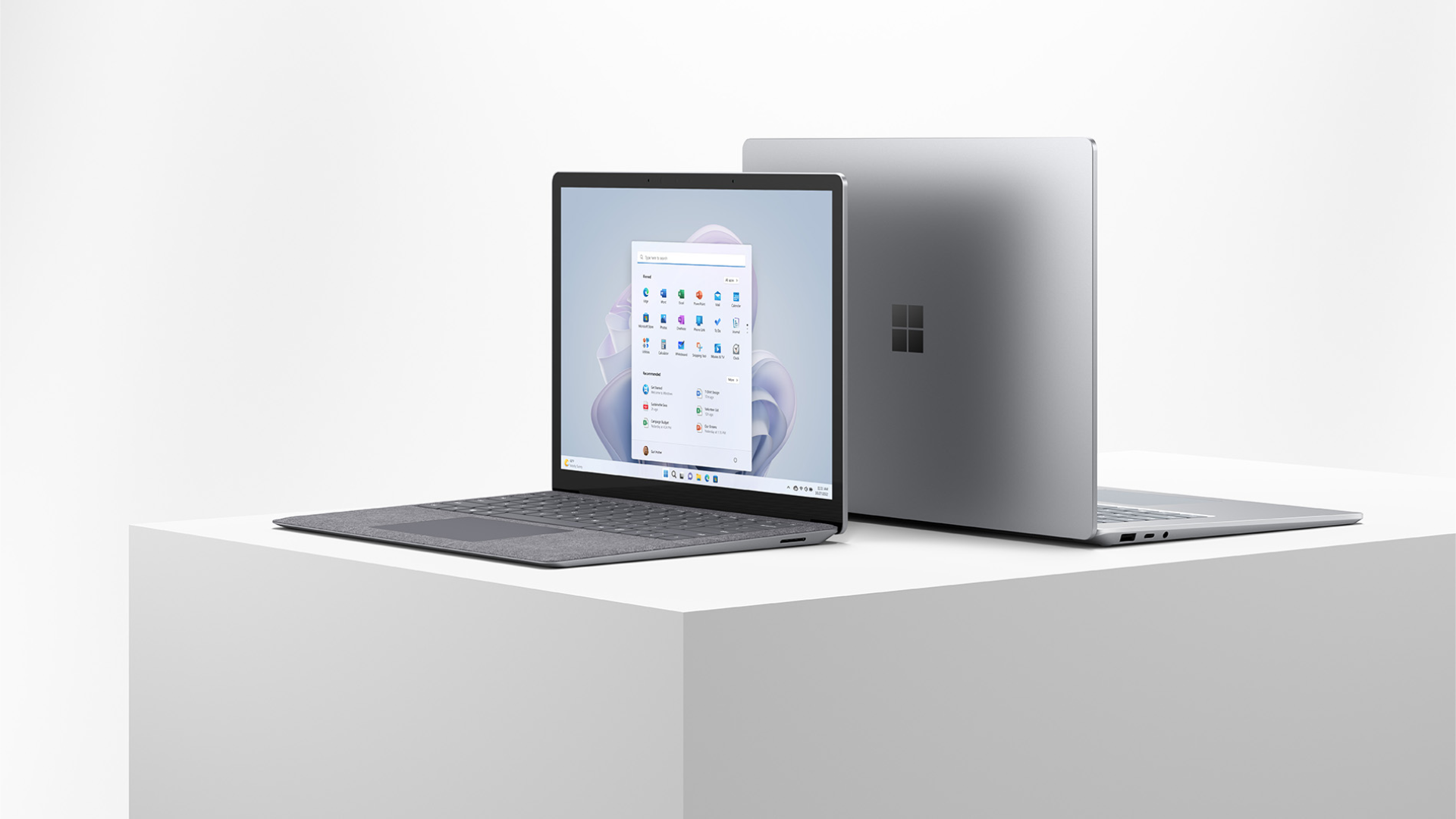Your internet history may not stay between you and your browser.
According to a new privacy study published Monday, many major browsers allow the companies that own them to track users’ location and identity while leaking details of users’ browsing history to those companies.
The study, authored by Douglas Leith of Trinity College Dublin, tracked the information-sharing practices of commonly-used browsers Google Chrome, Mozilla Firefox, Apple Safari, and Microsoft Edge. It also examined the open-sourced Brave Browser and Yandex, a browser popular in Russia.

Brave
Every browser except Brave, it found, shares details of users’ browsing history with the companies that own them, along with identifiers that indicate the location or identity of the user.
Every browser except Brave, it found, shares details of users’ browsing history with the companies that own them
While it may not come as a shock that browsers track users’ history, the fact that this data is being stored on companies’ servers means it’s also subject to be shared with government agencies or third-party commercial partners — and could be disclosed in a data breach.
The data being sent to companies’ servers is anonymized, tied to unique identifiers specific to users’ devices. But extensive research has shown that such data can usually be easily “de-anonymized” by connecting a few known data points about a person.
Here’s how each of the browsers stacks up in terms of privacy, according to the study.
The study found that, when used with its default settings, Brave didn’t use any identifiers that would allow tracking of users location or identity over time, and didn’t share people’s browsing history with backend servers.
“Brave is by far the most private of the browsers studied,” Leith wrote.

Chrome
Chrome shares details of web pages visited with Google’s servers — while this function can be disabled in settings, it’s the default for all users when they start using chrome, and tags data with a unique identifier.
Chrome shares details of web pages visited with Google’s servers
The data is sent via Chrome’s search autocomplete feature, which can be disabled using Chrome’s settings.
A Google spokesperson said in a statement to Business Insider that Chrome’s collection of data through the search autocomplete feature is in accordance with its Chrome privacy whitepaper.

Firefox
The study found that Firefox tags users’ data with a unique identifier and sends browsing data back to Mozilla’s servers. Firefox’s push notifications feature also links users’ browsing sessions to a different unique identifier, enabling more tracking.
Those functions can be disabled in Firefox’s settings.
A Mozilla spokesperson told Business Insider that the company only collects users’ browsing history if their settings are set to enable “syncing”
A Mozilla spokesperson told Business Insider that the company only collects users’ browsing history if their settings are set to enable “syncing” in accordance with its public data practices, and that Firefox collects some other anonymized “technical data.”
“By limiting collection and retention of data and safeguarding the data users do share with us through encryption and anonymization, Firefox works to protect people’s privacy and provide a secure browsing experience. Clear and publicly available practices and processes reinforce our commitment to putting users’ needs first,” the spokesperson said.

Safari
The report dinged Safari’s privacy protections for its default start page, which “leaks information” to third parties including Facebook and Twitter. Safari also made connections with iCloud using unique identifiers that could be tracked. Both of those functions can be disabled in Safari’s settings.
“leaks information” to third parties including Facebook and Twitter.
An Apple spokesperson did not immediately respond to a request for comment.

Edge
“From a privacy perspective Microsoft Edge and Yandex are much more worrisome than the other browsers studied,” Leith wrote.
That’s because both browsers send unique identifiers linked to the device being used, which are strong identifiers that cannot be changed. Both browsers also send browsing data via the search autocomplete function. On both browsers, Leith wrote that he couldn’t find a way to prevent this data sharing.
Microsoft’s support site outlines how Edge, stop sending browsing data to Microsoft.
Microsoft’s support site outlines how Edge users can disable seeing search suggestions and change their settings to stop sending browsing data to Microsoft.
Source: Business Insider





You must be logged in to post a comment.